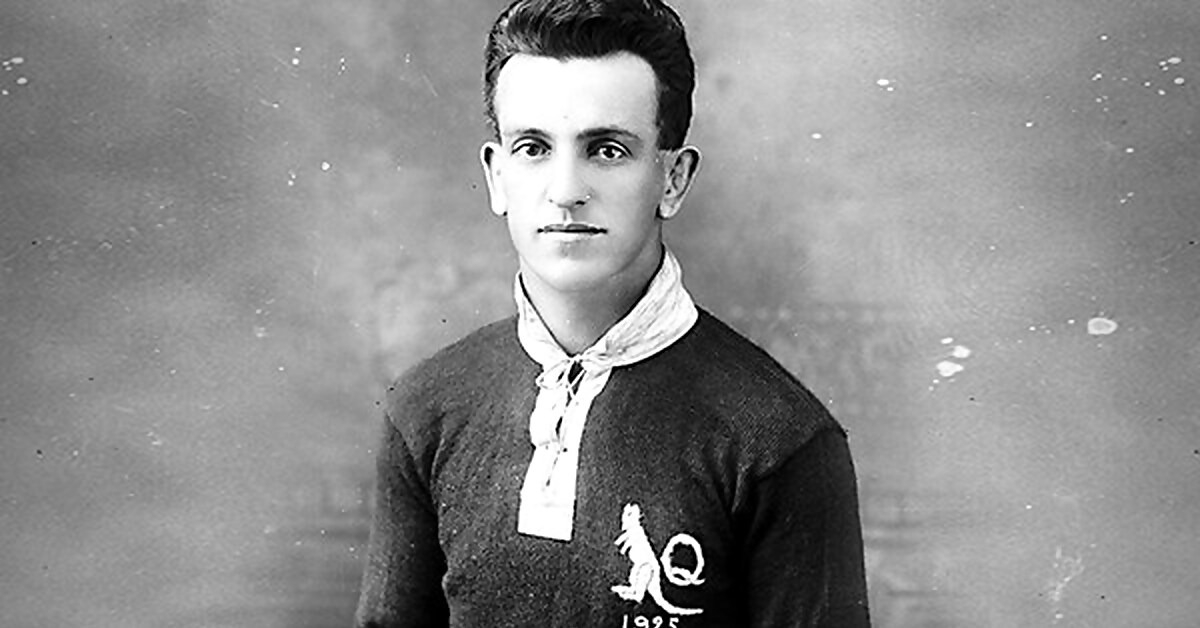‘The Downs Fox’ was born in Warwick, Queensland in 1895. At 17, he started playing for Starlights in the Ipswich competition and debuted for Queensland in 1915. Although he was shot at Dernancourt, France in the right lung in World War I, he survived to become the captain of the Queensland team.
He made his Test debut in New Zealand in 1919 and was picked for the 1921-22 Kangaroos after helping Sydney Norths win a Grand Final. In 1922, he captained Norths to their second straight premiership. A year later, Duncan angrily left the Sydney competition after being sent off for allegedly kicking Glebe player Tom McGrath, an accusation that he found unbearable.
Returning to Queensland, he joined Toowoomba Valleys and became a member of the famous 1924-25 undefeated Toowoomba Clydesdales, before retiring as a player in 1925 as the best attacking half-back in Australia. He played 17 times for Queensland and played in nine Tests.
If his record as a player is remarkable, his accomplishments as a coach are even more so. In 1950, Toowoomba did not win a single game in the Bulimba Cup. In his tenure as coach of Toowoomba from 1951-1956, Toowoomba was Bulimba Cup champion all six years. They were undefeated in four of their campaigns and only lost three matches during that time.
After he retired in 1956, Ipswich became champions in 1957. He was able to achieve these results because he was ahead of his time, and was the most innovative and inspirational coach of his era. To achieve what he considered to be vital uniformity, he adopted the term ‘contract football’.
To win games, there was a partnership or bond between the ball carrier and the teammate nearest him. The ball carrier needed to be always ready to pass and the support needed to go looking for the ball and back up. Any champion team, in Duncan’s mind, needed to be obsessed with teamwork. Duncan credited Harry Sunderland as the man who had taught him how to think as a coach.
He didn’t believe in loyalty to his players only on the field. There were numerous occasions where he showed his sincere concern by typing letters to players himself that included news, tactics and personal issues. For example, when Des McGovern was on the 1952-53 Kangaroo Tour, Duncan sent him four aerogrammes, one of which congratulated him on scoring six tries in one game and expressed commiserations that he was not picked for a Test.
Duncan never coached Australia, but in many people’s minds, he should have. In 1953, when he was coaching Queensland, Clive Churchill went on record that he should be appointed Australian coach. There are few who can claim to have had a greater impact on rugby league than Duncan Thompson, and he was recognised for his outstanding contribution with his induction into the ARL Hall of Fame in 2005.
